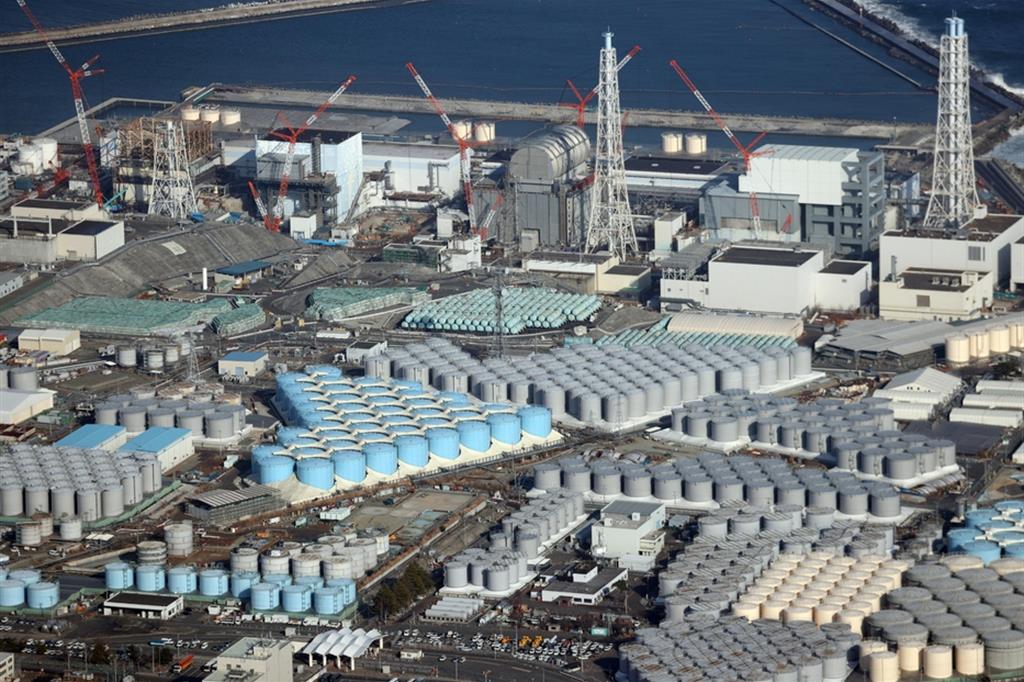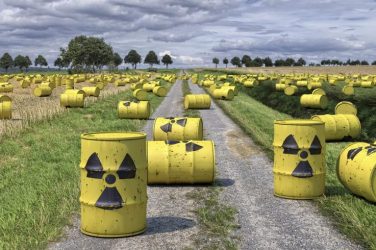The International Atomic Energy Agency (IAEA) is in Japan to review the government’s plan to release the radioactive water accumulated in tanks following the Fukushima nuclear accident into the ocean.
The group of 15 people who arrived in Tokyo is made up of delegates from the IAEA and international experts also coming from China and South Korea. These countries have expressed caution on the project citing the repercussions on the environment.
The Tokyo government’s decision was announced last April. The problem is the excessive storage of radioactive water in the tanks: over one million tons. The water was used to cool the reactors damaged in the accident.
An advanced filtering system is able to remove most of the harmful elements present in the liquid, except for tritium, a radioactive isotope of hydrogen. The Tokyo government argues that the dilution and release of water over decades is not harmful to the ecosystem.
The director of the IAEA, Rafael Grossi, had already declared in February 2020 that the operation would be in line with the international standards of the nuclear industry.
However, the fishing industry and residents of Fukushima prefecture oppose the project.
The IAEA review will last 5 days and will end on February 18, and a visit to the plant devastated in the catastrophe is planned.
The plan of the operator of the plant, Tokyo Electric Power (Tepco) provides for the construction of a tunnel one kilometer below sea level, while the initial spill of the liquid is set for the spring of 2023.









Show Comments